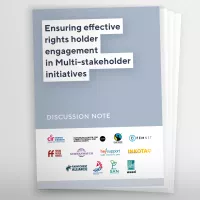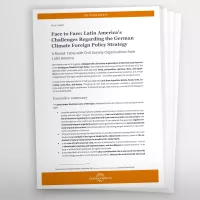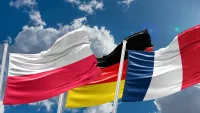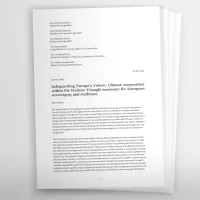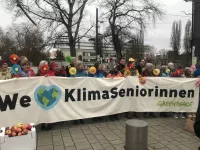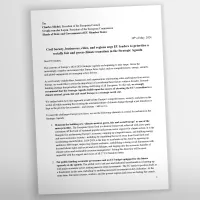
Alle fünf Jahre kommen die Staats- und Regierungschefs der Europäischen Union (EU) zusammen und legen die politischen Prioritäten für die nächste Legislatur in der Strategische Agenda fest. Ein Monat vor Annahme der Agenda 2024–2029 wendet sich ein breites Bündnis von zivilgesellschaftlichen Akteuren, Unternehmen und Organisationen an die Staats- und Regierungschefs. Sie fordern in einem offenen Brief eine Strategische Agenda für eine klimaneutrale, grüne, faire und soziale EU.

